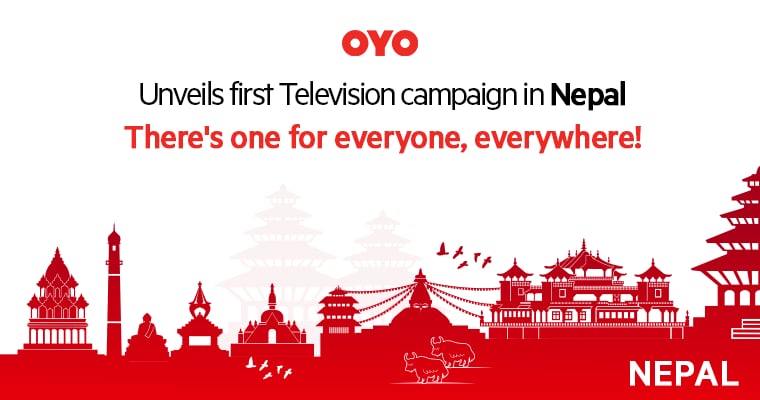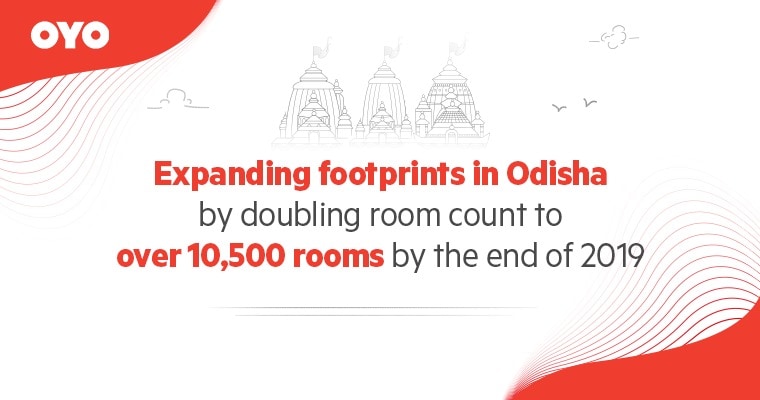Vikas is a young boy who hails from a small village on the outskirts of Patna. With a dream of providing a happy future to his family, he drops out of school and starts working as a help in a hotel in Kolkata with his uncle.
Similar to Vikas are 3.8 million individuals who are the sole bread-winners for their families. They offer services ranging from room service, housekeeping to front desk manning in hotels and restaurants. They are the torch bearers of the tourism fraternity and represent the Indian core value of ‘Athithi Devo Bhava’ for millions of guests.
According to the World Economic Forum’s Travel and Tourism Competitiveness Report 2013, India ranks 11th in the Asia pacific region and 65th globally out of 140 economies ranked as favorite tourism destination. India has been witnessing steady growth in its travel and tourism sector over the past few years. Total tourist visits have increased at a rate of 16.3% per annum from 577 million tourists in 2008 to 1057 million tourists in 2012.

Source: WEF Travel and Tourism Economic Impact 2013- India, Data taken at Nominal Prices
Tourism in India has significant potential considering the rich cultural heritage, variety in ecology, places of natural beauty spread across the country and thereby it is a potentially large employment generator.
In terms of employment, the travel and tourism sector supported 25 million jobs in 2012, constituting 4.9% of the total employment in the country in 2012. It is expected to amount to 31 million jobs by 2023 indicating huge scope of direct employment.
There exists a forecasted requirement of around 2.8 million employees for restaurants, 4.1 million employees for hotels and 0.3 million employees for the travel trade segment by 2022 resulting in an incremental requirement of a total of 2.7 million employees for the tourism sector as compared to 2012 employment figures.

While the tourism sector in India is targeted to grow at an annual rate of 12 per cent during 2011-2016, adequate training and skill development infrastructure and hence availability of trained manpower has not kept pace with growth.
The hospitality sector alone witnessed a shortfall of 0.5 million employees during 2011-2012 which is expected to rise to 0.8 million by 2017 and 1.1 million by 2022 as per the target growth levels.
Human Resource Requirements in Tourism Industry (in Mn)
As per a study by the Ministry of Tourism, formally trained managerial staff accounts for only 16% of the total hospitality sector and 21% of the total travel and trade sector workforce. Efforts are thus required for enhancing the skill sets of non-managerial staff in the sector.
With 20% of the travel and trade sector employees comprised of casual workers, development of basic skill set is important. These include health and personal hygiene, cleanliness, basic service techniques, cooking techniques, garbage disposal, etiquette and manners, basic nutrition values, basic tourism awareness, first aid, client handling and behavioral skills etc.
OYO Rooms decided to capitalize this underlying opportunity. With a vision to build a pool of skilled workforce, we intend to up-skill the present staff available in 4,500+ partner properties across India and also provide newly trained staff to the industry.
• An MoU between OYO Rooms and Tourism and Hospitality Skill Council (THSC), Government of India, was signed to train three lakhs workers across 150+ cities in the next three years at the 4th National Conference on Skill Development 2015 on 27th November 2015.
• OYO Rooms have also associated with 7 state governments under various initiatives to strengthen our objective to ensure that people employed in unorganized segments can access growth opportunities through up-skilling/re-skilling and recognition of prior learning.
OYO Rooms has been accredited by THSC under the aegis of National Skill and Development Council, Govt. of India, as an official training partner in hospitality.
#OYOforSkillIndia, an initiative from OYO Rooms, is a small contribution in transforming India through innovation. The training and certification will help these individuals regain their identity and open the doors of plethora of hidden opportunities.
A long-term vision is also to build a professional network of hospitality staff. This will be a significant career move for the workers who meticulously perform on-ground operations and leave no stone unturned in continuously raising the bar for service standards.
-Sources:
India Tourism Statistics 2011, Ministry of Tourism
Human Resource and Skill Development requirements in the Tourism, Travel, Hospitality & Trade sector, 2022 report by National Skills Development Council





